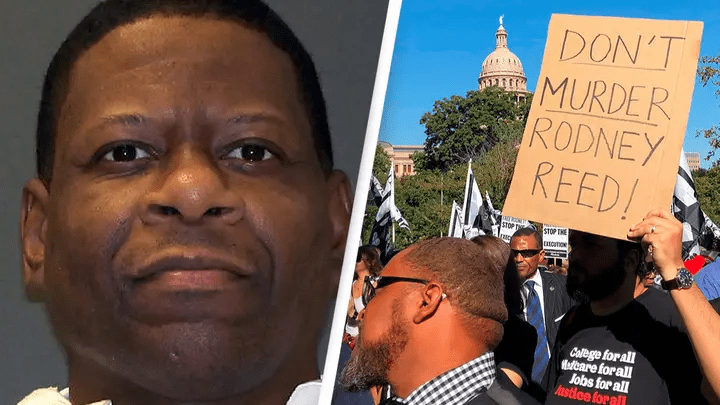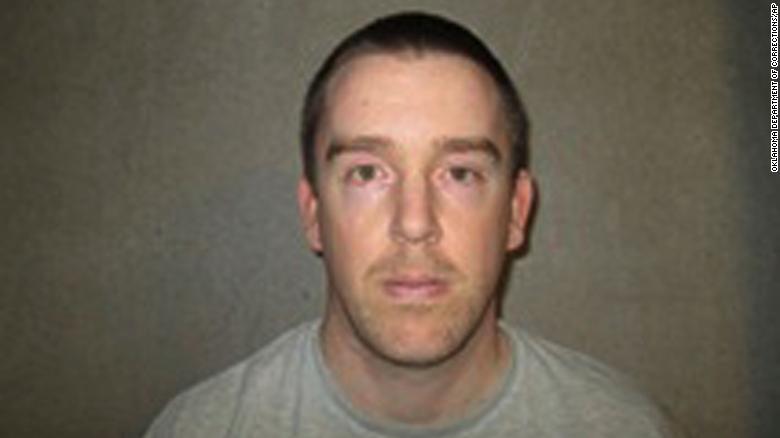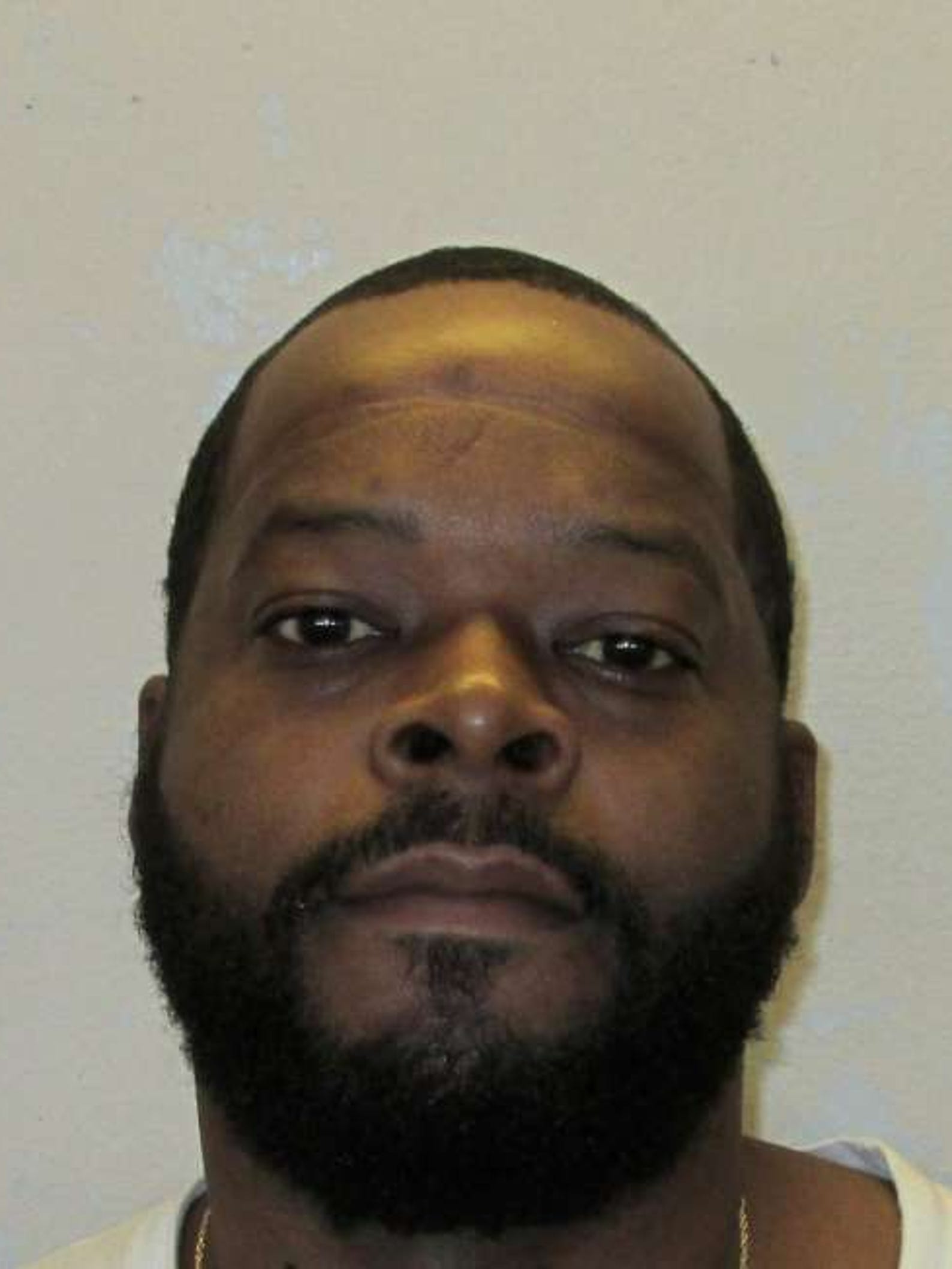October 10, 2022

The state of Texas is fighting to dismiss a civil rights suit arguing for DNA testing which could prove the innocence of a death row inmate.
Rodney Reed was sentenced to death in 1998 for the 1996 murder of Stacey Stites in Bastrop, Texas, and remains on death row as he continues to maintain his innocence.
Stites was just 19 at the the time of her death, and was found dead along a country road. She had been engaged to a man named Jimmy Fennell, a police officer in the neighbouring town, and had allegedly introduced Reed to her co-worker, Suzen Hugan, as a friend.
Hugan told The Intercept Stites was ‘flirty’ with Reed, saying “it seemed like more than a friendship,” however Texas claims Reed was actually a stranger to Stites.
After Stites was killed, sperm evidence recovered from her body was matched to Reed. An investigation by law enforcement uncovered no evidence that the pair knew each other, though Reed claims he and Stites were having an affair and that the DNA was from a consensual encounter.
Meanwhile, Fennell has been accused by some as having known about the alleged affair. He has denied the claims.
Over his years on death row, Reed has argued for the testing of crime scene evidence, including the alleged murder weapon, however reluctance on post-conviction DNA testing in the state has made things tough for the inmate.
In 2019, Reed took the case to federal court with the argument that Texas violated his due process rights by denying his bid for forensic testing, but the state is trying to get the suit dismissed with the argument that Reed waited too long to file his federal claim.
Texas is using the statute of limitations to argue its side, claiming Reed had a two-year window to file his federal claim after he was first denied DNA testing in 2014.
However, Reed has argued that filing earlier would have meant filing before the Court of Criminal Appeals had considered his case, meaning he would not have a final decision in the matter on which to base his suit.
It wasn’t until 2017 that the CCA issued its final ruling, and Reed’s suit was filed less than two years later.
Texas, meanwhile, argues Reed should have brought the case in the two years after 2014 because there is ‘no provision of Texas law’ that required him to appeal to the CCA.
As the battle continues, the 5th US Circuit Court of Appeals sided with the state, meaning the Supreme Court is now set to hear the case on 11 October.




